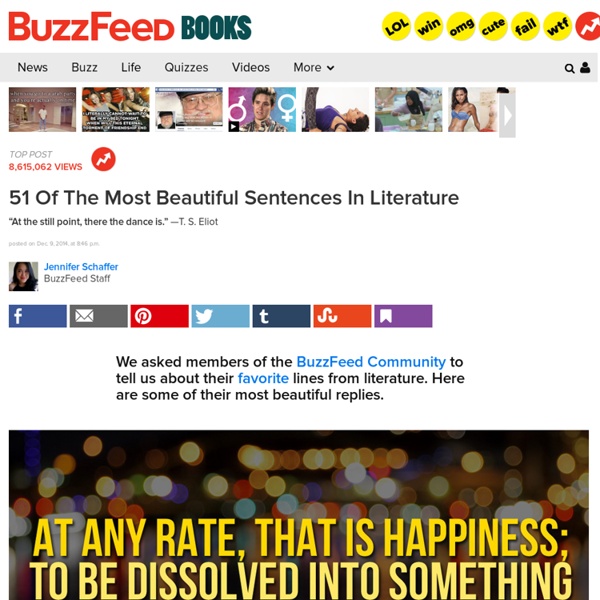



5 Successful Authors On How They Overcame Creative Blocks To Write Their First Book The best books seem to have an effortlessness to their writing, as though each word has been set down just where it needs to be. Nowhere on the page is the agonizing, writing, rewriting, not writing of getting it done visible. "Writing a long novel is like survival training," Haruki Murakami has said. And rarely does it come out right the first time around. All too often, there comes a point in a creative project when your progress seems to hit a wall—when the idea of ever finishing feels nearly impossible. I spoke with five writers who recently finished their first book about how they dealt with such moments in their own work and what they did to overcome these creative blocks. "Creating a community reminded me why we write." Julia Fierro graduated from the Iowa Writers Workshop and wrote her first novel in seven months. Feeling like she didn't fit into the New York literary scene, in 2003, Fierro posted an ad on Craigslist for a writing workshop. Jacob was stumped.
Historical Plain-Language Quotes Hard writing makes easy reading. An old adage Let thy speech be short, comprehending much in a few words. Apocrypha People think I can teach them style. To simplify complications is the first essential of success. I believe more in the scissors than I do in the pencil. His Majesty the King requires that the Royal Chancellery in all written documents endeavor to write in clear, plain Swedish. [Writing is] largely a matter of application and hard work, or writing and rewriting endlessly until you are satisfied that you have said what you want to say as clearly and simply as possible. Out of intense complexities intense simplicities emerge. When you wish to instruct, be brief; that men's minds take in quickly what you say, learn its lesson, and retain it faithfully. Words in prose ought to express the intended meaning; if they attract attention to themselves, it is a fault; in the very best styles you read page after page without noticing the medium. Vigorous writing is concise.
The Hero's Journey Diagram Wise Words on Writing -- Plain Language Association International Quotations on clear, simple writing Submitted by members of the PLAIN Listserve "Those who write clearly have readers; those who write obscurely have commentators." -- Albert Camus "Genius is the ability to reduce the complicated to the simple." -- C.W. Ceram "When you wish to instruct, be brief; that men's minds take in quickly what you say, learn its lesson, and retain it faithfully. "My aim is to make things as simple as possible, but not simpler than that." -- Albert Einstein "If you would not be forgotten as soon as you're gone, either write things worth reading or do things worth writing." -- Benjamin Franklin "Easy reading is damned hard writing." -- Nathaniel Hawthorne "The chief virtue that language can have is clearness, and nothing detracts from it so much as the use of unfamiliar words." -- Greek philosopher Hippocrates "The ability to simplify means to eliminate the unnecessary so that the necessary may speak." -- Hans Hofman Compiled by Annette Corrigan for PLAIN.
Plotting Made Simple 30 Famous Authors On Writing in Plain Language The best writers have always known that the reason we write is to communicate. If you write to impress, you will fail. You will simply show your inexperience or ignorance as a writer. If you use an elaborate style, full of big words and jargon, you are showing your insecurity with expressing yourself. You will lose your message, and yourself, in the mess of words you've created. Try to use simple words to express complex ideas. We decided to choose 30 quotes from famous writers in history to show that this wisdom is timeless. 30 Famous Historical Quotes On Writing in Plain Language Let thy speech be short, comprehending much in a few words.
Writer's Block Help Sheet